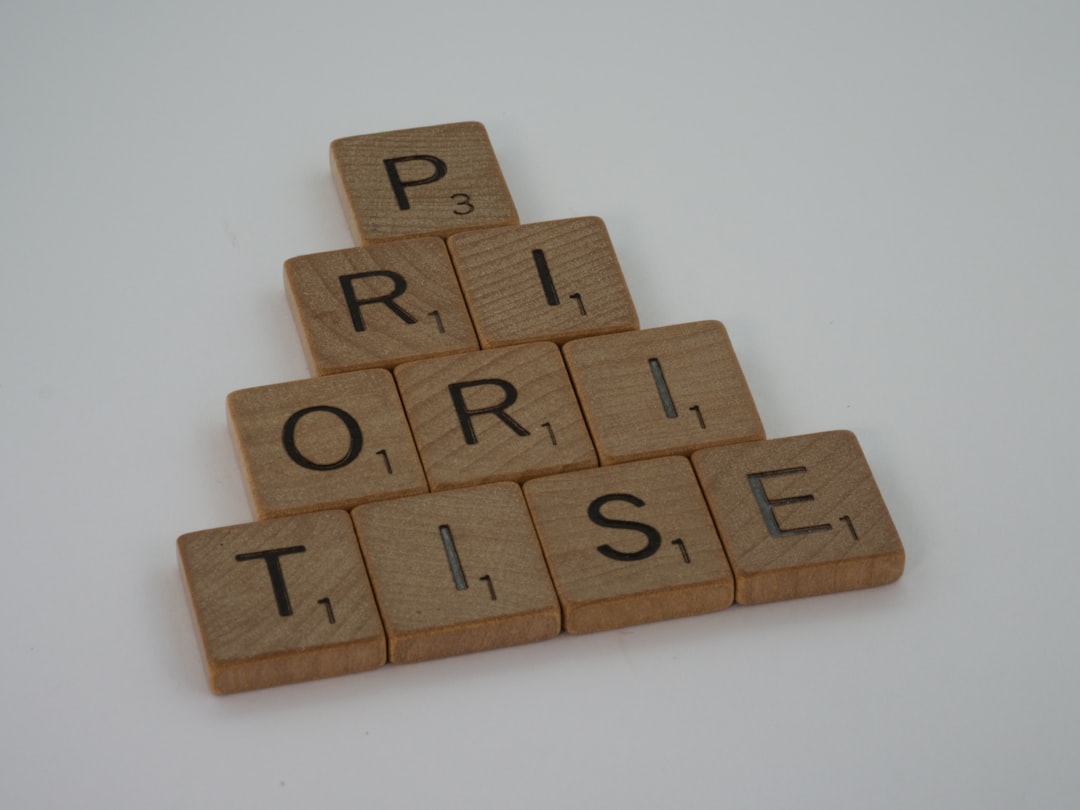Why Forgetting is Good for Your Brain
Learn why your brain is designed to forget and how you can use it to your advantage.
The older I get the more I worry about my forgetful moments. I once lost my keys for three weeks. Thought for sure Alzheimers had set in. Turns out they fell under the bushes by my car. I’ve also misplaced some clippers for my dog. It’s been over two months, and they are no where is right. Either we have borrowers living in our house, or my brain has deleted some “unimportant” data in favor of just keeping my essential systems going.
Frustrated by my failure to remember the simplest of things, I started to explore why we forget. And God bless the University of Toronto¹, who tells me that being forgetful could actually be a sign of greater intelligence! Yes!! They’re making me feel better already. They say, forgetting is not a flaw, but a feature of my amazing brain, and here's why:
The Benefits of Forgetting
The study says that your memory optimizes decision making by only remembering valuable information and forgetting the unimportant details, like where you stored the clippers. This isn’t bad news, it’s actually means that your brain is constantly filtering out the noise and focusing on the information that matters.
For example, when I forget the name of the meal I ordered last time I was in a restaurant, but I can remember how to get back home, that's a good thing. The study suggests thatI don't need to get mad at myself for not remembering everything, even if I don’t get to eat that thing I remember loving but can never order again.
Forgetting also helps us prioritize, think better, make decisions, and be more creative¹. Can you believe that forgetfulness in moderation gives us the mental flexibility to grasp abstract concepts from a quagmire of stored information, basically allowing us to see the forest through the trees? Who would have thunk it?
So, what I’m hearing is, when I can’t tell you the lyrics to a song I listen to all the time, but I can sing along when it plays, that's a sign of my higher intelligence. Doesn’t mean I’ll ever win Name that Tune, but at least I won’t feel like such a failure next time I play.
How to Embrace Your Forgetfulness
Embracing forgetfulness might seem counter intuitive, but check out these smart ways to give your brain a break:
- Don't freak out when you forget something trivial. It's normal and healthy to do so. Instead of getting angry or anxious, laugh it off and move on.
- Practice gratitude. Instead of focusing on what you forgot, focus on what you remembered. Celebrate your achievements and successes, no matter how small.
- Keep learning new things. Your brain is like a muscle that needs exercise to stay strong. Challenge yourself with puzzles, games, books, or hobbies that stimulate your mind and memory.
- Trust in God. He knows everything and He never forgets anything. He has a plan for your life and He will guide you through it. Don't worry about anything; instead, pray about everything.
A Final Word
Being forgetful is not always sign of weakness or decline; most of the time it’s a sign of strength and growth. Your brain is doing its best to help you navigate this complex and ever-changing world. In fact, I find the more mature I get the more I actually try to practice forgetting, forgetting what mean thing someone said to me, how sad I was yesterday, or how much I hate doing dishes. Forgetting is the smart choice in those cases. So, next time you forget where you put your keys or why you were mad at your spouse in the first place, don't be discouraged; be encouraged. You're smarter than you think!
Footnotes: [Why forgetting is really important for memory: U of T research | University of Toronto](https://www.utoronto.ca/news/why-forgetting-really-important-memory-u-t-research)






